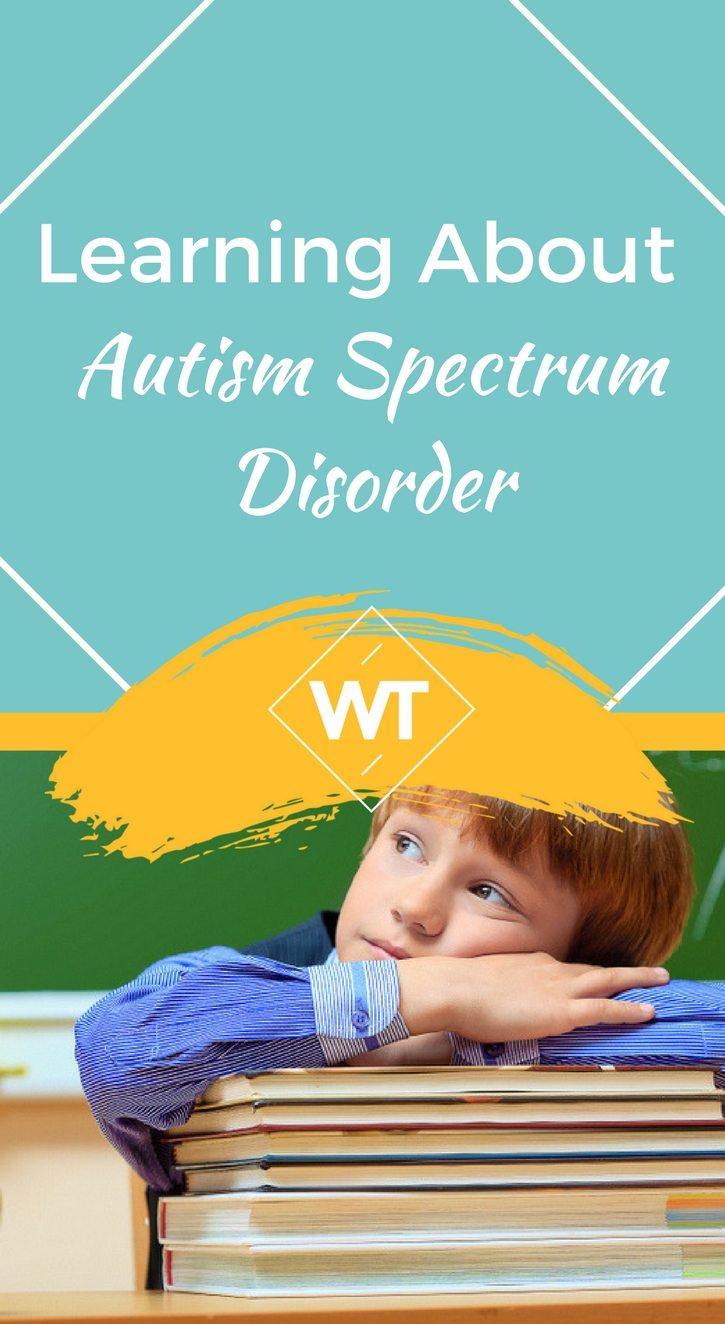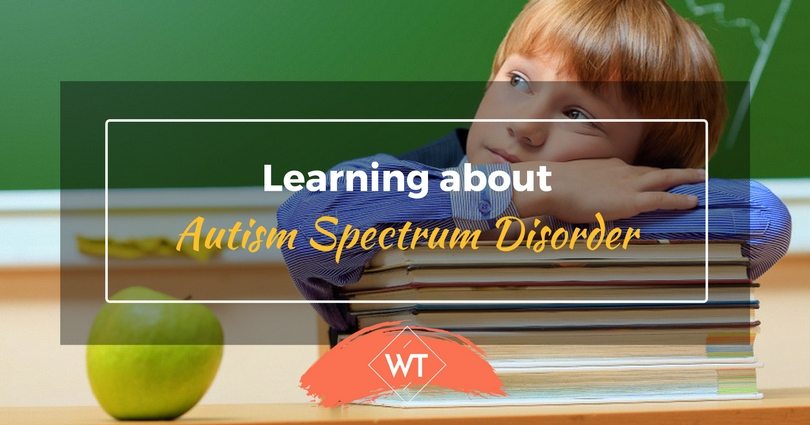Learning about Autism Spectrum Disorder

Autism is generally referred to as a neuro-development disorder. It is also called Autism Spectrum Disorder (ASD), which means that no two children with Autism will have the same symptoms. Their symptoms differ in one way or the other. The problem is generally characterized by impaired communication and body language, speech problems and restricted or repetitive behavior.
Autism is a problem that impacts about one in a hundred children and statistics suggest that boys are four times more prone to the problem as compared to girls. In the recent past, more and more cases of Autism are being reported. Usually, the signs and symptoms of autism are visible in the first 2 – 3 years of a child’s life.
Case Study
Ryan and Megan were overjoyed on becoming proud parents of little John. When John was two years old, they realized that he was not developing speech, did not make eye contact and at times, he was not responding when spoken to. Ryan and Megan were advised to get John assessed. John was diagnosed with Autism.
It was a difficult time for the parents but Megan did not give up and gathered knowledge about the problem, the available interventions, the therapies and the precautions. She took really good care of John. Today, John is seven-years-old, goes to school, has friends and is doing fine, all thanks to his mother’s care, interventions by therapists and a controlled diet.
Some common and possible warning signs that can point towards Autism in a child are
- Does not respond to his/her name when called at an early age of 12 – 14 months.
- Avoids making eye contact.
- Wants to be alone and plays alone.
- Has speech and language delays.
- Flapping of hands, spinning in circles.
- Repeats words or phrases over and over again, a phenomenon called Echolalia.
- Gets upset by minor changes in routine.
- Resists physical contact.
- Gives unrelated answers to questions.
- Repetitive or restricted behavior.
- Children can develop hyperactivity, aggression, short attention span and become impulsive.
When a child is diagnosed with Autism Spectrum Disorder, it is very important that parents accept it and take good care of the child so that he/she is able to lead a better life.
Certain things should be kept in mind while dealing with an Autistic child.
1. Learn about autism: It is very important to be well-informed about the problem, the treatment available and what precautions can be taken for a better life and better development of an autistic child. Awareness about the problem will help you create better strategies to deal with the problem.
2. Find out about the best suitable interventions: An autistic child can benefit from certain therapies and interventions like Occupational and Social or Group Therapy. Consult a clinical psychologist and try to find the best suitable plan. Also most of the time, the diet also needs to be altered and should be free from dairy and certain proteins.
3. Stick to a fixed routine: Children with Autism perform and adapt better when they have a structured and fixed routine. A fixed time for meals, school, therapy and play does wonders for the child. If there has to be some unavoidable change in their schedule, prepare them to manage and deal with it.
4. Create a safety zone at home: Autistic children often do not understand danger. It becomes your job to make a safety zone at home so that the child is safe. Help them understand the danger areas and their boundaries. If possible, mark the danger spaces with some colored tape or marker.
5. Reward good and positive behavior: Positive reinforcement can do wonders for such children. Always try to reward the child if you find that they are doing things on their own or are following certain rules. It will boost their confidence and they will repeat the good work again and again.
6. Understand your child’s strengths and weaknesses: Try to find out what triggers a negative reaction or stress in the child and what makes them happy and comfortable. It will help you deal with their behavior in a better way.
7. Understand sensitivity issues: Many autistic children are sensitive to noise, some smell, sharp light or touch. Understand the trouble areas and try to work on them or avoid them to manage the child’s behavior.
8. Look for non verbal cues: Autistic children struggle with language and speech and use body language and non-verbal cues to express their needs and what they are feeling. Try to understand what they are conveying when they are not speaking.
Conclusion
Though it is believed that Autism is a life-long condition, a person can deal with it effectively and can lead a healthy and balanced life. Early and timely intervention in terms of suitable therapies, diet control and proper care go a long way in successfully dealing with Autism Spectrum Disorder.
Don’t think that there’s a different, better child ‘hiding’ behind the autism. This is your child. Love the child in front of you. Encourage his strengths, celebrate his quirks, and improve his weaknesses, the way you would with any child ~ Claire Scovell LaZebnik (Tweet this)
If proper care and intervention is provided, an autistic person can overcome many signs and problems of autism and can lead an independent and productive life. The key to achieving this success is ‘Be Positive’ and ‘Believe In Yourself’ and the abilities of the other person.









Leave a Reply